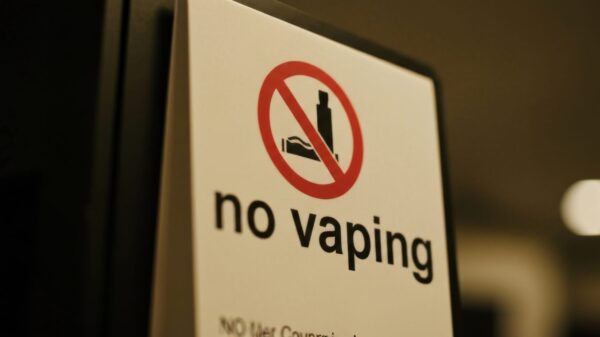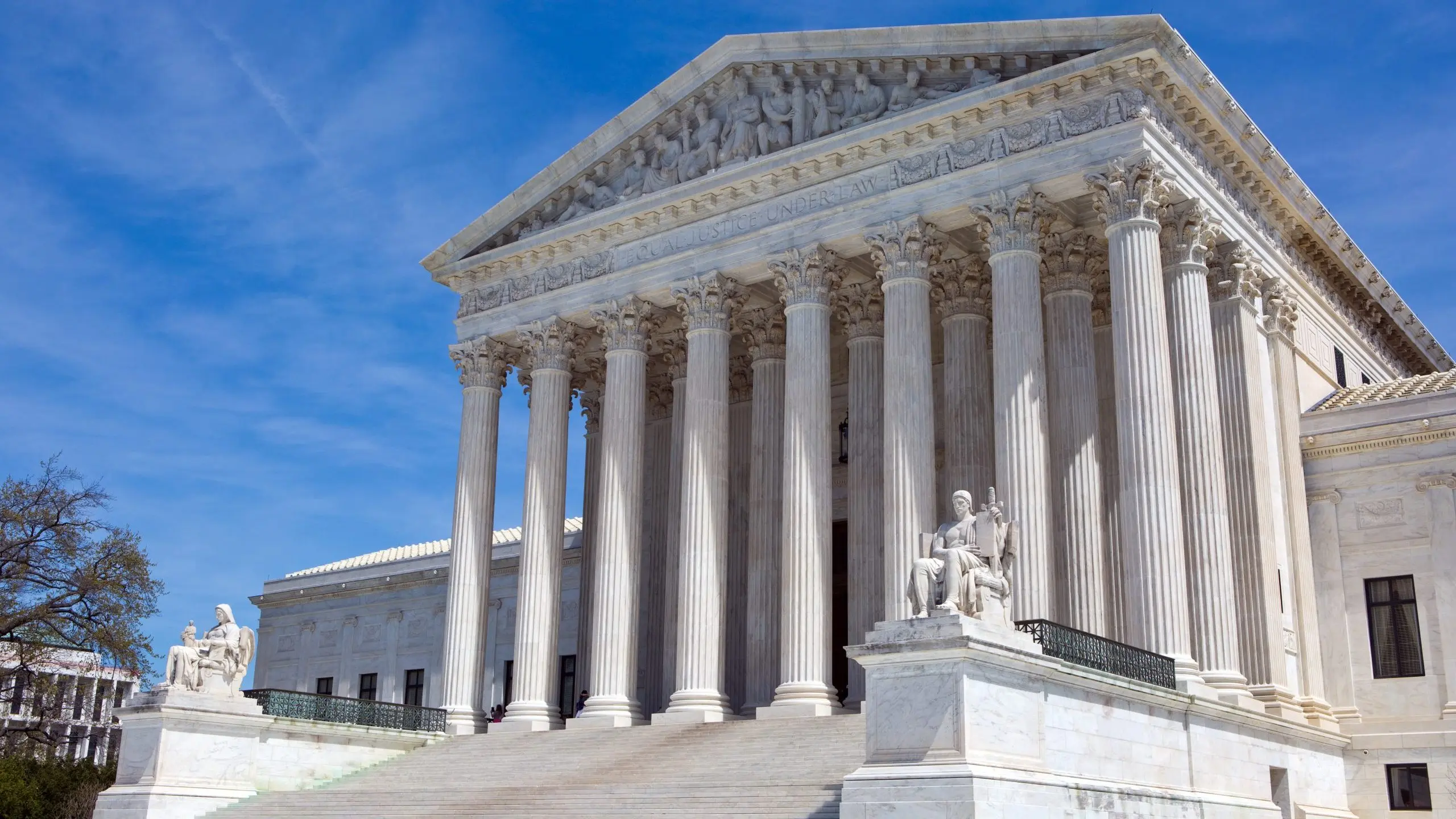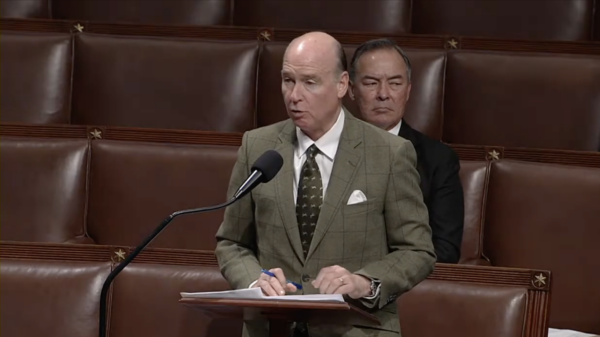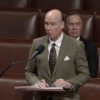Alabama’s top elected officials are applauding a recent U.S. Supreme Court decision that curtails the power of federal judges to issue nationwide injunctions, clearing the way for limited implementation of a Trump executive order seeking to restrict birthright citizenship.
In a 6–3 decision issued Thursday, SCOTUS ruled that federal courts may not block government policies nationwide unless the plaintiffs are part of a certified class.
While the ruling does not resolve the legal status of Executive Order 14160, which seeks to deny automatic U.S. citizenship to children born to undocumented immigrants and certain visa holders, it does stay nationwide injunctions that had previously halted the order’s implementation.
Attorney General Steve Marshall, who joined a 20-state amicus brief in support of the executive order, called the ruling a victory for constitutional government.
“For too long, activist judges have used nationwide injunctions to impose their will on the entire country from a single courtroom,” said Marshall. “This decision restores balance and allows policies supported by the people and their elected leaders to move forward.”
Marshall’s office estimated the executive order could affect more than 250,000 U.S. births each year, and he expressed confidence that legal challenges would continue now under a more restrained judicial framework.
Members of the Alabama congressional delegation echoed that support.
U.S. Senator Katie Britt, R-Alabama, praised the decision as “a long overdue check on judicial overreach,” saying it restores the courts’ proper role in interpreting policy.
U.S. Senator Tommy Tuberville, R-Alabama, characterized nationwide injunctions as a “weapon of the left,” applauding the Court’s action as a way to rein in what he called “rogue rulings.”
U.S. Representative Robert Aderholt said the ruling marked “a big win for the Constitution” and “returns power to the people and their elected representatives.” Representative Barry Moore also welcomed the decision, arguing that nationwide injunctions had been used by “activist judges” to block the will of voters.
While the Supreme Court did not weigh in directly on the substance of Trump’s birthright citizenship order, the decision allows the administration to begin enforcing the policy in jurisdictions where no injunction is currently in place. Lower courts now have 30 days to reconsider or narrow their prior rulings.
Opponents of the executive order have begun pursuing class-action litigation to keep broader protections in place. The American Civil Liberties Union filed a lawsuit soon after the ruling, which would potentially open the door for partial enforcement of the executive order.
For now, Alabama officials see the ruling as a step toward restoring executive power and advancing one of the most controversial immigration policies of the Trump era.

















































